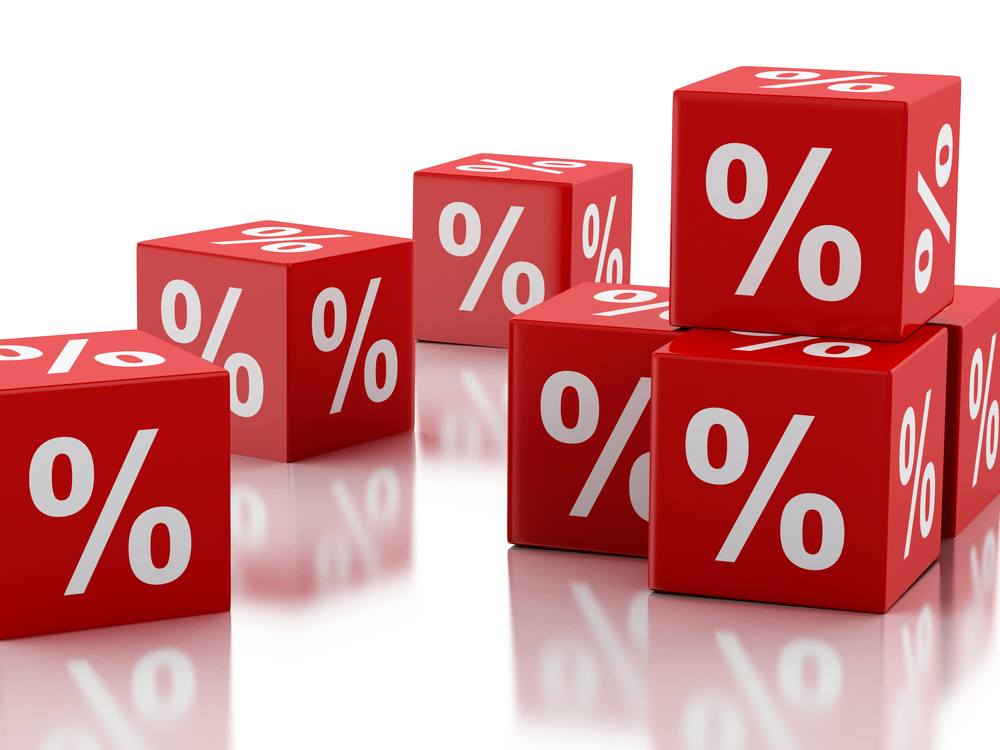A leading economic research consultancy has warned that mortgage rates are set to rise, putting a brake on house price inflation. According to Capital Economics, mortgage rates are set move back above 3% by the end of the year. Economists have suggested that the first interest rate increase for a decade could come as early […]
 A leading economic research consultancy has warned that mortgage rates are set to rise, putting a brake on house price inflation.
A leading economic research consultancy has warned that mortgage rates are set to rise, putting a brake on house price inflation.
According to Capital Economics, mortgage rates are set move back above 3% by the end of the year.
Economists have suggested that the first interest rate increase for a decade could come as early as November after the Bank of England warned a hike was likely in the coming months if the economy evolves broadly in line with its expectations.
Ed Stansfield, chief property economist at Capital Economics, said: “We now expect the first rise in Bank Rate to come at November’s meeting. We have then pencilled in three hikes next year and a further two for 2019. Thus, by the end of 2019 we expect Bank Rate to sit at 1.75%.
“Accordingly, it seems almost certain that mortgage interest rates are now approaching a turning point.”
Stansfield said that while higher borrowing costs will represent a major change for the housing market, mortgage interest rates will be around 2.5% below 2007 levels.
Despite the rise in mortgage rates, Stansfield said it was unlikely to “trigger another downturn in house prices”.
“But it will act as a brake on any recovery in mortgage lending and transactions and keep house price inflation subdued,” he said.
“We believe that employment levels will stay high and the growth outlook will improve. Add in the fact that, in recent times, new loans have been subject to affordability tests, and we do not think that such rate rises will drive up mortgage arrears or forced sales which could trigger house price falls,” he added.
Commenting on the expected base rate rise, Robert Gardner, Nationwide’s chief economist, said: “Clearly, much will depend on how the economy evolves, but most economists and financial market pricing suggest that a small rise of 0.25% is likely at the Monetary Policy Committee’s next meeting in November, which would take Bank Rate to 0.5%.
“We would expect a modest rise in Bank Rate, by itself, to have only a modest impact on economic activity. Indeed, if rates are raised to 0.5%, monetary policy settings will still be a little more supportive than they were before Bank Rate was lowered to 0.25% in August 2016.
“This is because the MPC is unlikely to reverse the other measures it put in place last year to support credit availability in the wider economy – such as the additional purchases of government and corporate bonds, which have helped to keep longer term borrowing costs low.
“Moreover, the MPC has signalled that it expects any increase in interest rates to be gradual and limited. Indeed, financial market pricing suggests that Bank Rate is only likely to rise by around one percentage point – to 1.25% – over the next five years.”
[box style=”4″]
What Mortgage has teamed up with London & Country to offer you expert advice on the right mortgage deal.
Whether you’re buying a new home, remortgaging to a new deal or buying an investment property, L&C can help – and you’ll pay no fee for their advice. To find out more, click here.
[/box]














